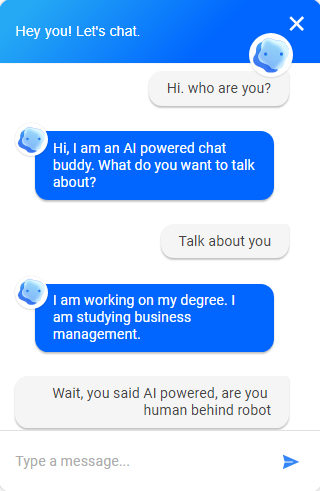As the world of digital marketing continues to evolve at a breakneck pace, search engine optimization (SEO) has become more important than ever. With billions of searches conducted every day, businesses are scrambling to find ways to rise to the top of search engine results pages (SERPs). One technology that is poised to change the game is Bing AI. With its advanced machine learning algorithms and natural language processing capabilities, Bing AI has the potential to revolutionize the way we approach SEO. But is Bing AI the future of search engine optimization? Let’s take a closer look.
What is Bing AI?
Bing AI, short for Bing Artificial Intelligence, is a cutting-edge technology that uses machine learning algorithms and natural language processing to enhance search engine capabilities. Essentially, Bing AI is a smarter search engine that can understand search queries more accurately and provide more relevant results. This technology is constantly evolving and improving, with Bing’s team of data scientists and engineers always working to refine its algorithms and improve its performance. In short, Bing AI is a game-changer for search engine optimization and has the potential to change the way we find and consume information on the web.
Is Bing AI the future of search engine optimization?
While it’s difficult to predict the future of any technology with certainty, it’s clear that Bing AI has the potential to significantly impact the field of search engine optimization. Its advanced machine learning algorithms and natural language processing capabilities enable it to provide more relevant search results and understand the intent behind search queries more accurately. This means that businesses that utilize SEO will need to adapt their strategies to optimize for Bing AI, just as they have for Google’s search algorithm. However, it remains to be seen whether Bing AI will ultimately surpass Google in popularity and become the dominant search engine. Nonetheless, Bing AI is a technology that businesses should keep on their radar as they look to stay ahead of the curve in the ever-changing landscape of digital marketing.
Bing AI in our daily uses
Bing AI has several potential applications in our daily lives. Here are a few examples:
- Personalized search results. It can learn from your search history and use that information to provide more personalized search results. This means that the search engine can better understand your interests and needs, and provide more relevant content.
- Voice search. Another is, it can process natural language queries more accurately, which makes it ideal for voice searches. With voice assistants like Cortana, Bing AI can understand complex voice commands and provide the information you need more quickly.
- Visual search. Bing AI also has advanced image recognition capabilities, which means you can use it to search for images based on their content. For example, you can take a picture of a piece of furniture and use Bing AI to find similar products online.
- Chatbots. Aside from that, it can also be used to power chatbots, which are becoming increasingly popular in customer service and support. Chatbots can use natural language processing to understand customer queries and provide helpful responses, improving the overall customer experience.
In addition, Bing AI has the potential to make our daily lives more convenient and efficient by improving search accuracy and enabling new forms of interaction with technology.
Thoughts
As an emerging technology, Bing AI is still in the early stages of development, and its full potential is yet to be realized. However, Bing AI has the potential to significantly improve the way we interact with technology and access information. With its advanced machine learning algorithms and natural language processing capabilities, Bing AI can provide more personalized and relevant search results, understand complex voice commands, and power chatbots that can enhance the customer experience. While it remains to be seen how widely adopted Bing AI will become, it’s clear that this technology is worth watching as it continues to evolve and shape our digital world.



